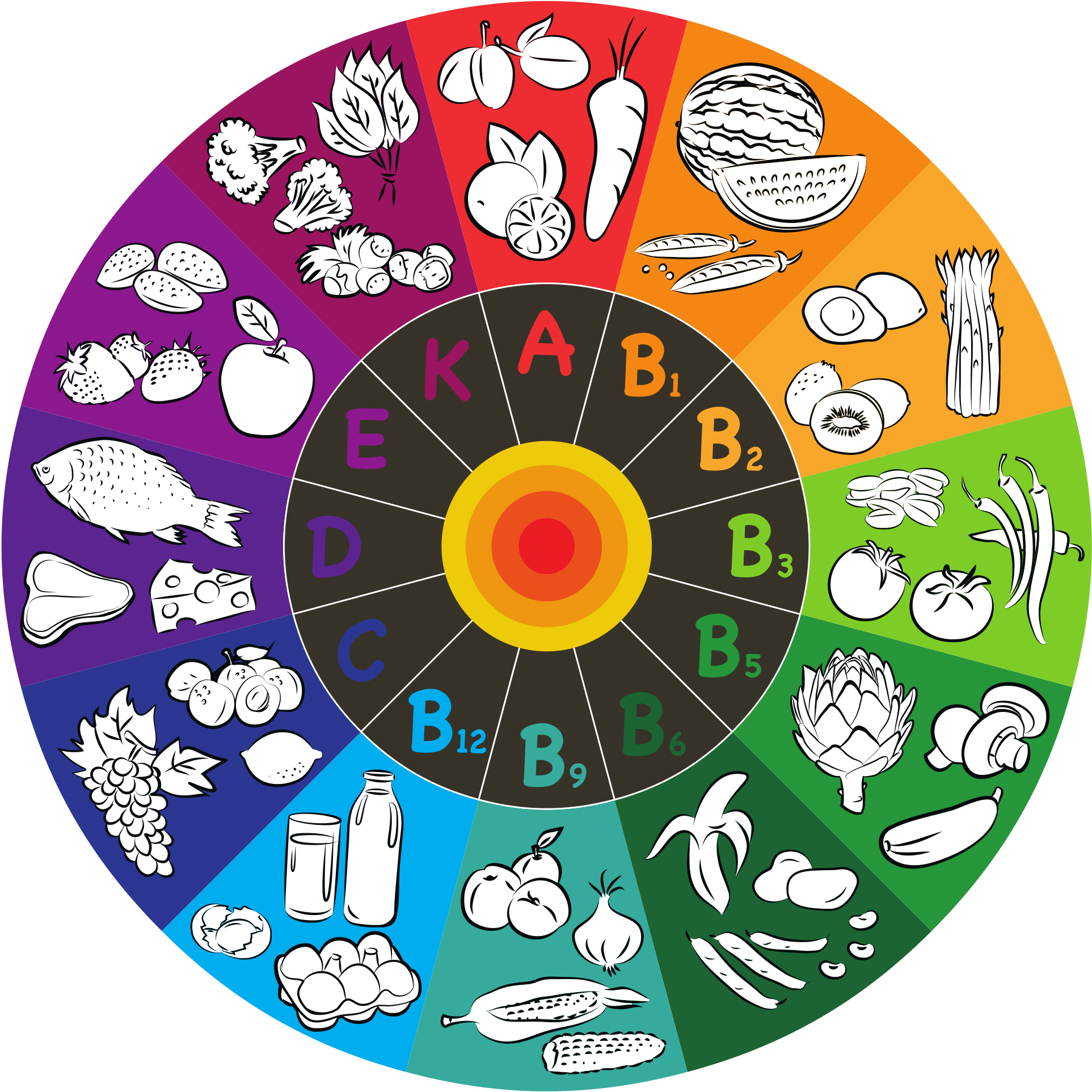By Tara Whyand
Individuals who have been diagnosed with a NET will be at risk for vitamin and mineral deficiencies for many reasons. Some people have changes in metabolism or may have tumors that directly use up vitamins. Some people have difficulty eating enough food while others cannot absorb enough nutrients. The list below is not exhaustive, but contains the main nutrients you should discuss with your healthcare team.
Fat Soluble Vitamins
Micronutrient deficiencies of vitamins A, D, E, and K and weight loss can occur if you are not absorbing fat due to somatostatin analogue injections, pancreatic surgery, or bile acid malabsorption.
These vitamins should be checked with a blood test if you have had one or more of the above risk factors. Vitamin A deficiency may reflect in vision problems, vitamin D with bone thinning, vitamin E with skin dryness and vitamin K with bruising and bleeding. Vitamins will be prescribed orally or by injection.
Vitamin B12
If you have had stomach or ileal (end of the small bowel) surgery, or you have been given somatostatin analogue injections, you may be at risk of developing vitamin B12 deficiency. In some patients, certain bacteria in the small intestine grow in higher numbers than normal and use up vitamin B12. You should have your vitamin B12 levels checked and if low, B12 will be prescribed orally or as an injection.
Vitamin B3 and Carcinoid Syndrome
Some NET tumors secrete large amounts of serotonin using up the nutrient building blocks also used to make the vitamin niacin (Vitamin B3). This may then cause a niacin deficiency which can lead to diarrhea, dermatitis and dementia.
As a result, diets should aim to provide increased amounts of nutrients used to build niacin:
Have 4-6 small high protein meals/snacks. High protein foods include: Fish, poultry, lean meat, eggs, low-fat dairy, whey protein powder/products.
All patients with carcinoid syndrome should discuss taking a nicotinamide- containing supplement with their health-care team to treat and prevent this deficiency. Nicotinamide containing tablets should be taken alone, or as part of a multi-B vitamin supplement. There is no one dose for everyone, as it depends on your current blood levels. Some people may need over 100 mg of nicotinamide a day.
Iron
Lower iron levels are common in NET patients. There may be several causes including poor iron intake and dietary iron absorption-regulating factors. Patients may also lose iron due to blood loss from the tumors in intestinal or rectal NETs or after surgery. It may also be possible that diarrhea in NETs causes malabsorption of iron in the intestine too. Symptoms include tiredness, paleness, thinning hair, impaired immunity and feeling breathless. If you have any questions or concerns, you should talk to your health-care team. If you are clinically deficient your diet may be supplemented with iron tablets.
Others
If you have chronic diarrhea there may also be other nutrients which become too low and a full vitamin and mineral check would be recommended.

